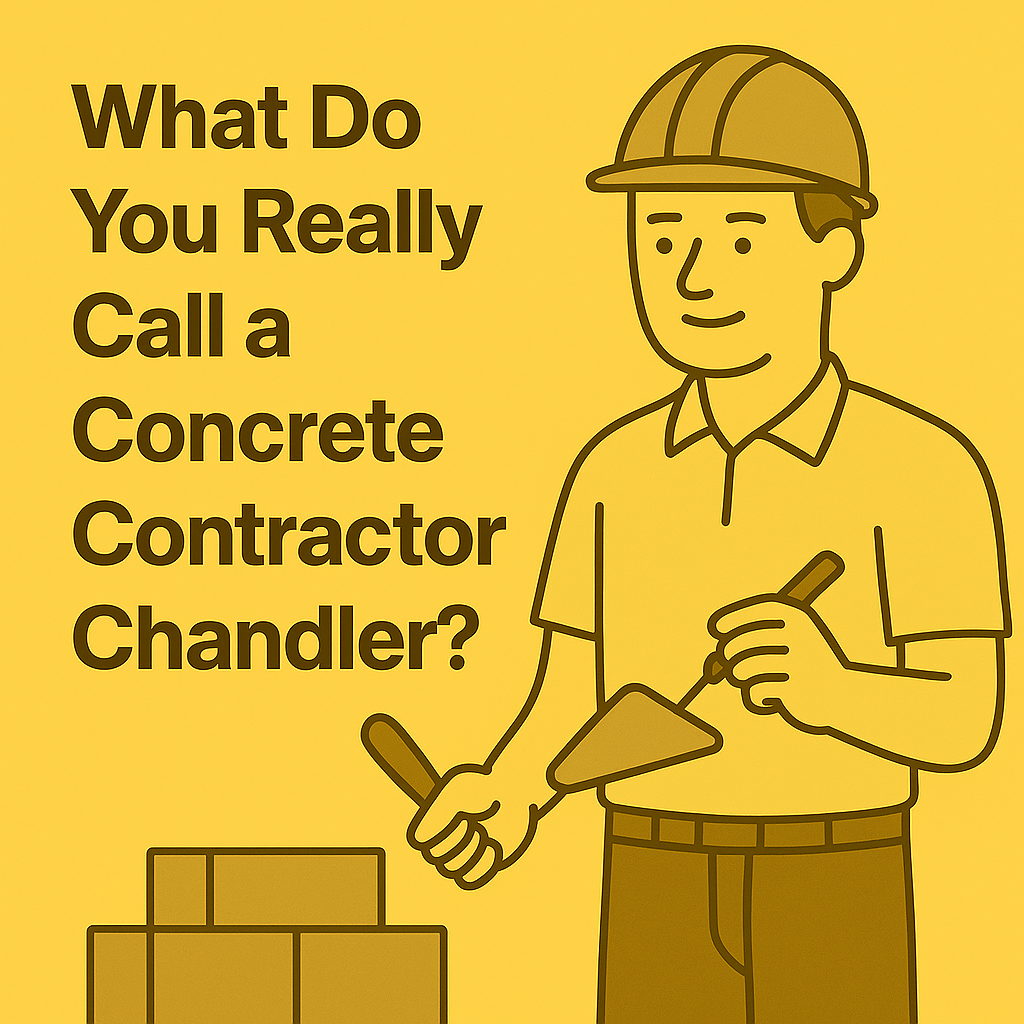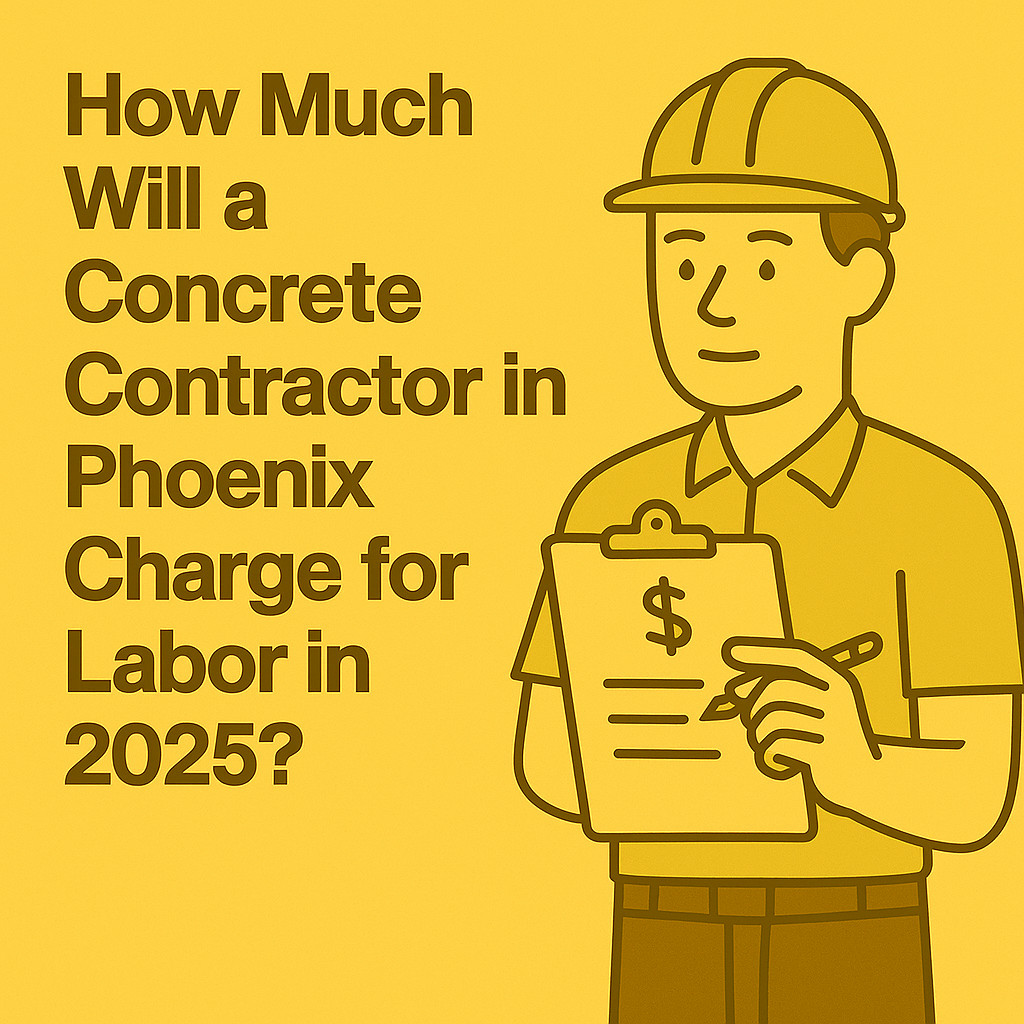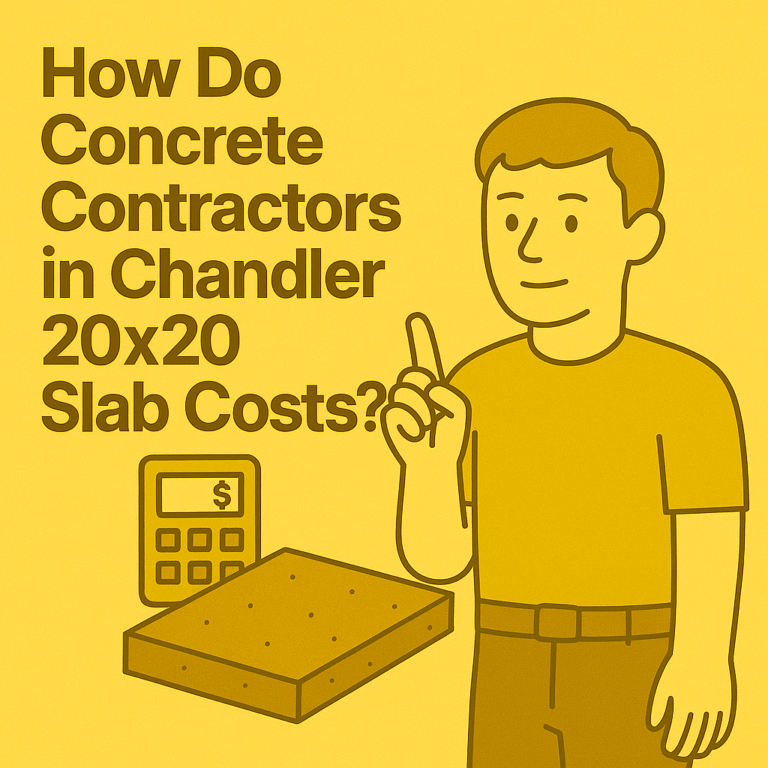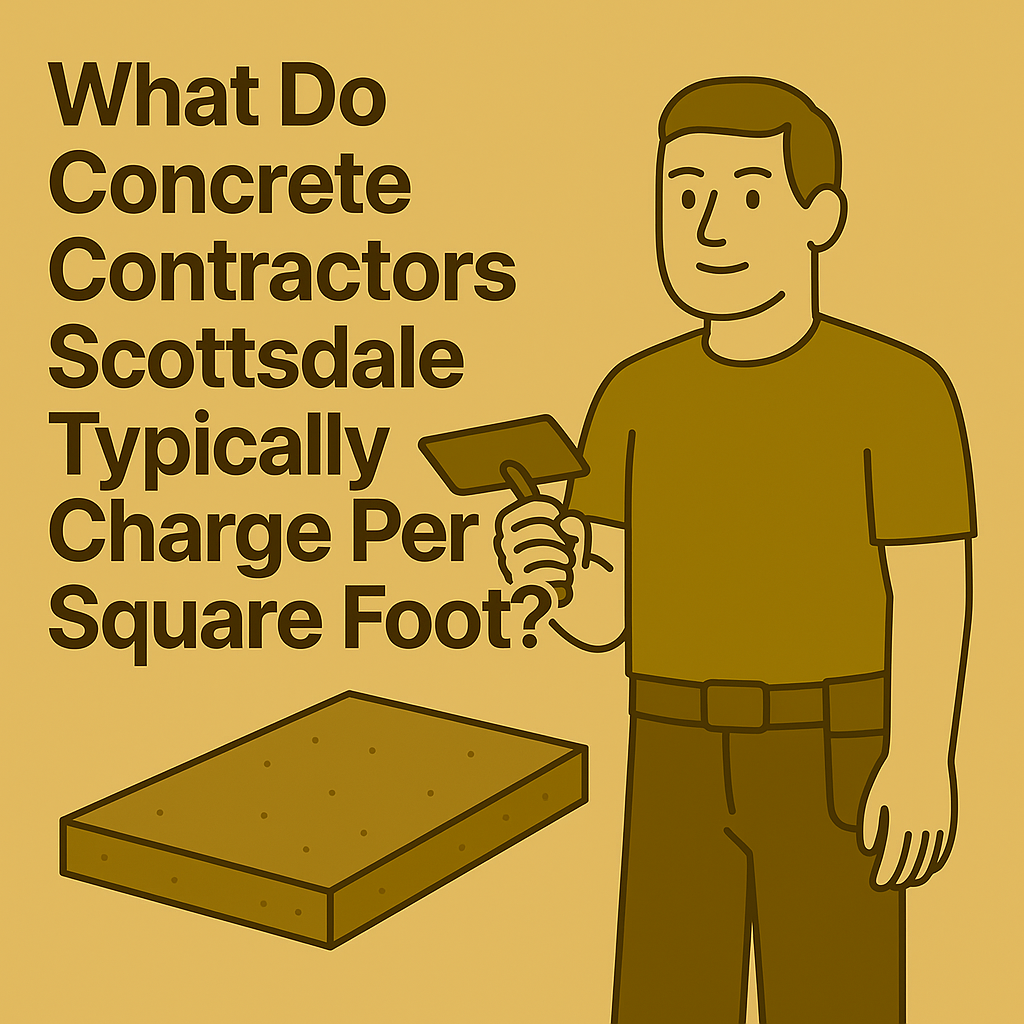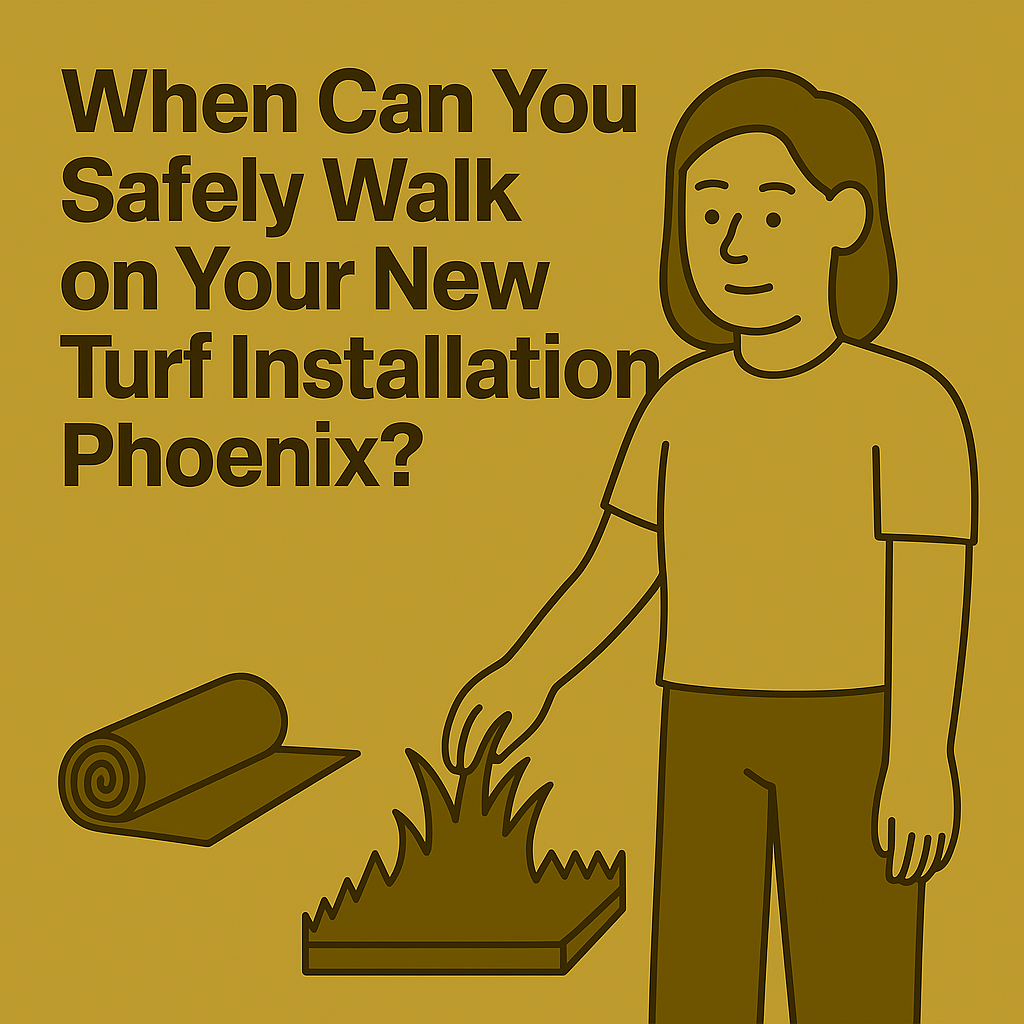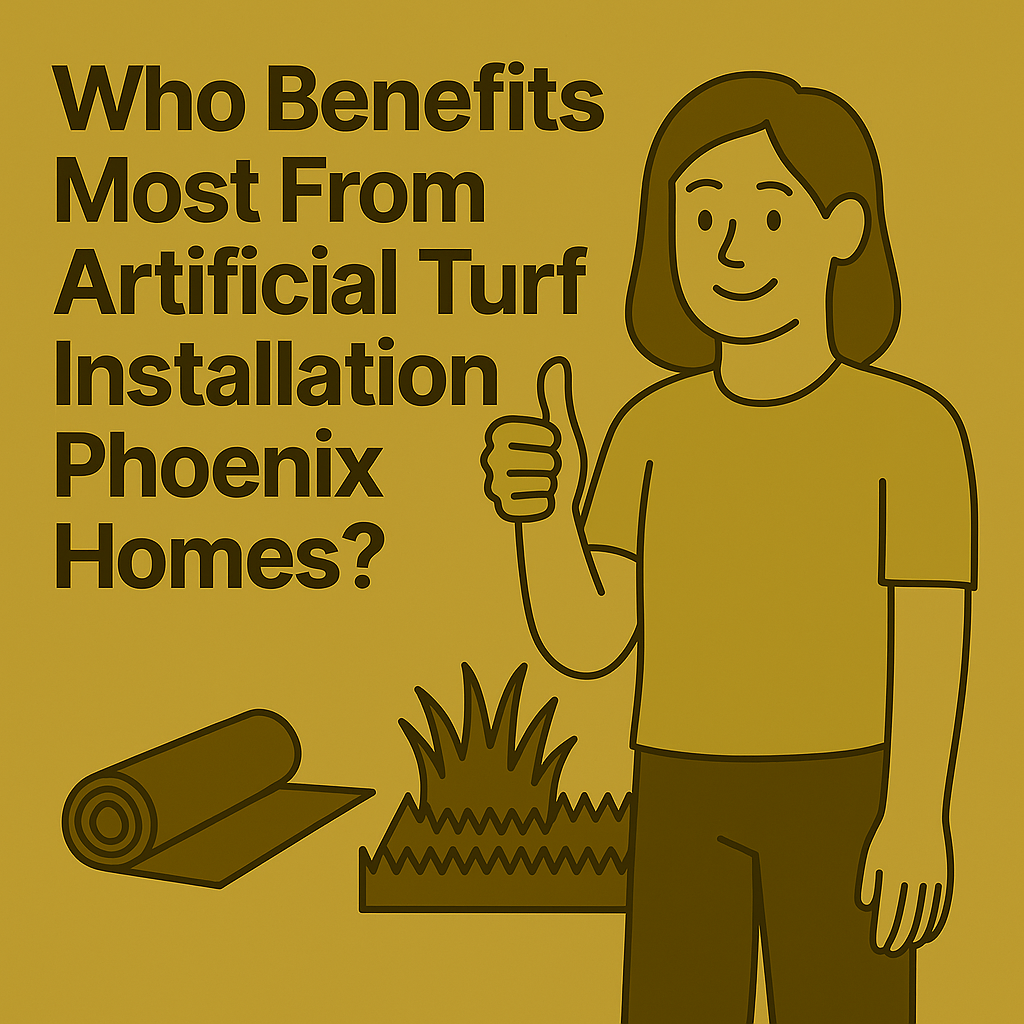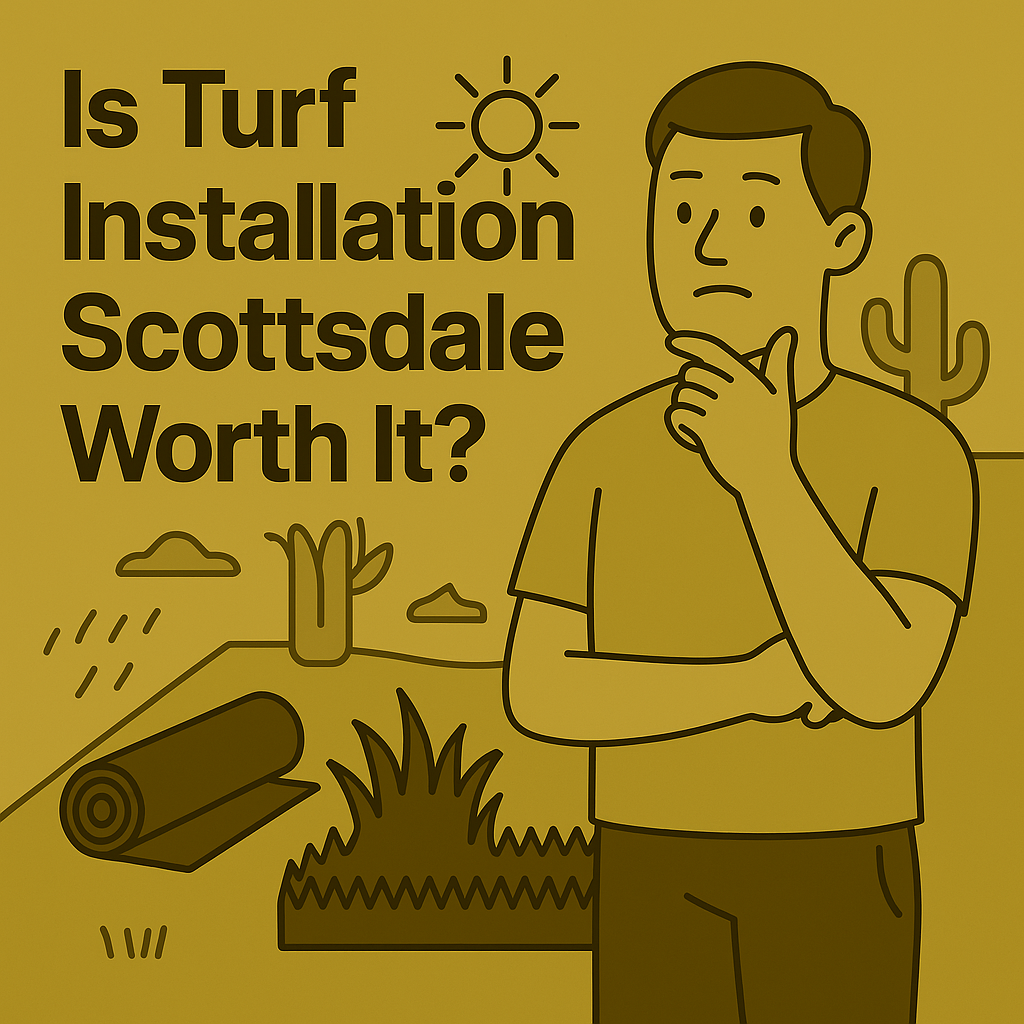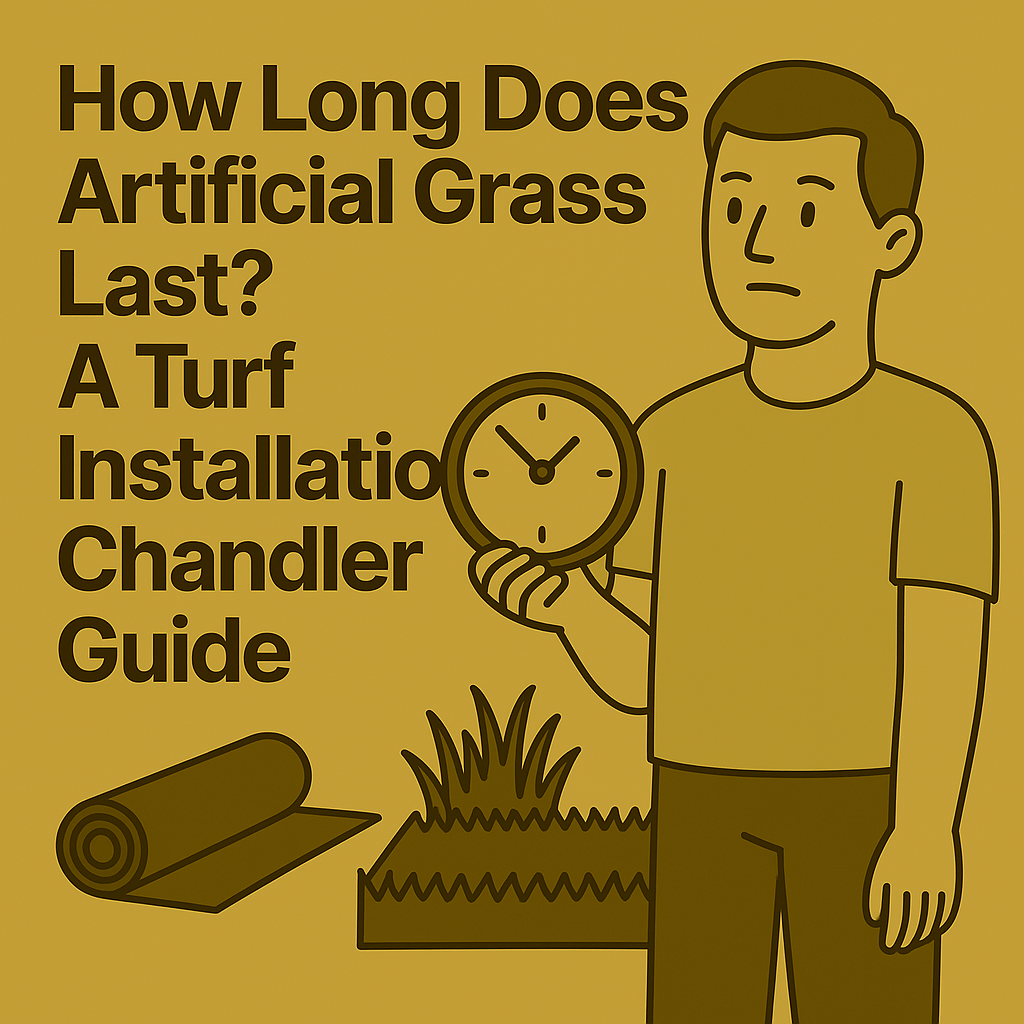How to Save Big on Turf Installation Phoenix Without Cutting Corners
Looking to save big on turf installation Phoenix projects without sacrificing quality? With the right approach, you can cut costs while still achieving professional results. Start by buying turf materials in bulk or sourcing remnants and off-cuts, which can significantly reduce expenses. Choose durable synthetic turf and strong infill to ensure it lasts. Timing your project during off-peak seasons also helps lower labor costs. And if you’re confident with tools, a DIY install might just stretch your budget further. One important step not to skip? Installing a solid weed barrier—it saves money on future maintenance and repairs. Keep reading for more essential tips and expert insights.
Preparing Your Site for Turf Installation
Before you start installing turf, make sure your site is properly prepared. This step is vital for smooth turf installation Phoenix homeowners can count on for longevity.
Begin by removing all natural grass and the top four inches of soil. Doing so eliminates potential regrowth and gives you a clean base to work with. Always check for underground utilities to avoid costly damage.
Next, rough grade the area to 2½ inches below final grade, and make sure it’s free from roots and debris. Lay down a dependable weed barrier to keep unwanted growth from poking through your turf.
Finally, compact your base using professional equipment. A stable foundation ensures effective drainage and long-term performance.
Choosing the Right Materials for Durability
When it comes to turf installation Phoenix, quality materials make all the difference. Go for high-grade synthetic turf that’s non-toxic and designed to mimic the look and feel of real grass.
For infill, opt for durable materials like silica sand or natural alternatives. These provide weight to hold the turf down and help the blades stay upright—contributing to a more realistic look.
Underneath the turf, build a solid base using 2 to 4 inches of compacted aggregate. This foundation promotes drainage and prevents uneven surfaces. And don’t forget: consistent upkeep like infill replenishment and power brooming will help you avoid premature replacement and added costs.
Effective Weed Prevention Techniques
Even with the best materials, weeds can compromise your turf’s look and longevity if not addressed early. One of the smartest steps for cost-effective turf installation Phoenix residents should consider is solid weed prevention.
Start with a professional-grade weed barrier beneath the turf. This stops growth before it starts and keeps your lawn looking sharp. A granular weed inhibitor can also provide additional protection.
Thoroughly clear out existing weeds and debris from the area before you begin. Once installed, inspect your turf regularly for any signs of weed intrusion and address them promptly to avoid long-term damage.
Weed Prevention Tips:
Use premium weed-barrier fabric
Add granular weed control underneath
Conduct routine maintenance checks
Building a Stable and Well-Compacted Base
The base layer is the hidden hero of any successful turf installation Phoenix project. Start by spreading 2–4 inches of decomposed granite or crushed aggregate.
Slightly moisten the base material to help it settle more evenly, then use a vibratory compactor to ensure even pressure and eliminate air pockets. This step improves drainage and supports the turf against daily wear and tear.
Here’s a quick reference to guide you:
| Step | Action |
|---|---|
| Material | 2–4 inches of decomposed granite |
| Wetting | Slightly dampen for even compaction |
| Compaction Equipment | Use a vibratory plate compactor |
| Distribution | Spread evenly across the site |
| Outcome | Avoid settling, enhance turf durability |
Custom Fitting and Laying the Turf
A clean, professional finish starts with precision. During your turf installation Phoenix project, lay the turf from two perpendicular edges to keep alignment tight and visually appealing.
Cut the turf into smaller, manageable sections, especially around curves, trees, or other features. This strategy helps reduce waste and improves your overall layout.
Use temporary nails to secure turf during fitting—this allows for easy repositioning. Leave extra turf along the edges for tucking to prevent curling. Then, nail down the edges every 2–6 inches at a depth of ¾ inch to lock everything in place securely.
Cost-Effective Strategies for Turf Installation
Staying on budget doesn’t mean skimping on quality. Here are several budget-friendly tips to help homeowners lower the overall cost of turf installation Phoenix:
Buy in bulk: Ideal for larger projects, bulk purchases reduce cost per square foot.
Install during off-season: Contractors often offer lower rates during slower months.
DIY installation: If you have the tools and skills, skip labor fees.
Use remnants: Save on materials by purchasing leftover turf from other jobs.
| Strategy | Benefit | Consideration |
|---|---|---|
| Bulk Purchase | Lower unit pricing | Great for larger areas |
| Off-Season Installation | Seasonal discounts | May require flexible scheduling |
| DIY Installation | Saves labor costs | Requires experience/tools |
| Remnants/Off-Cuts | Lower material cost | Limited availability/sizing |
| Weed Barrier | Long-term maintenance savings | Initial upfront cost |
Long-Term Maintenance and Care Tips
Once your turf installation Phoenix project is complete, proper maintenance is key to keeping it beautiful for years to come.
Replenish infill regularly: Helps support turf structure and blade posture.
Power broom every few months: Redistributes infill and keeps blades upright.
Deep clean periodically: Rinse turf to remove debris and odors.
According to a 2023 report from HGTV, regular maintenance extends artificial turf’s lifespan by several years, increasing your ROI and reducing future replacement costs.
Stay proactive and keep your synthetic lawn in top condition for minimal ongoing expenses.
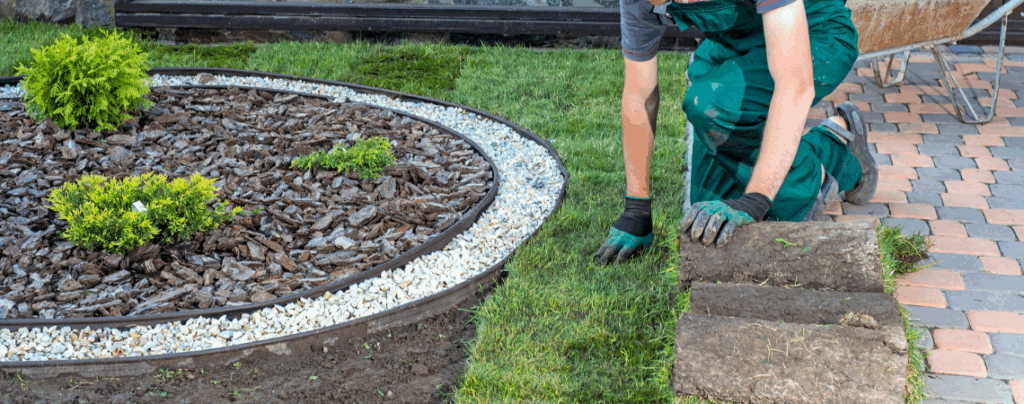
Frequently Asked Questions
How Do You Hide the Edges of Artificial Grass?
You can tuck turf edges under pavers or landscape edging like bricks or timber. Using infill and a quality weed barrier also helps secure and conceal them.
How to Make Artificial Turf Stay in Place?
Secure the perimeter with nails every 3–6 inches, and use seam tape and adhesive between sections. Apply infill to weigh everything down and hold it in place.
Why Does My Artificial Grass Crunch When I Walk on It?
That crunching noise usually indicates insufficient infill or underlying debris. Clean the surface and reapply infill, and make sure the base is properly compacted.
How Do You Hide Seams in Artificial Turf?
Align turf pieces so the blades point in the same direction. Use seam tape, glue, and proper trimming techniques. Landscaping features like decorative borders can also help disguise seams.
Conclusion
By following these tried-and-true tips, you can enjoy a high-quality turf installation Phoenix project without overspending. From site prep and durable materials to weed control and precision fitting, every step plays a part in your success. Combine these smart strategies with ongoing maintenance to maximize your investment and enjoy a beautiful, worry-free yard for years to come.
Ready to transform your outdoor space the right way?
Reach out to the experts at Paradise Hardscapes – Pavers & Turf Installers, Design & Construction – Phoenix AZ. We offer professional turf installation in Phoenix that delivers both quality and value.
📍 1930 E 3rd St Suite 8, Tempe, AZ 85288
📞 (480) 680-8278
✉️ [email protected]

